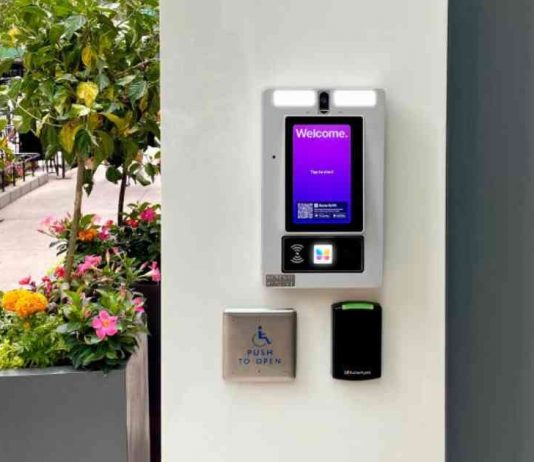When it comes to apartments, gated communities, businesses, and commercial buildings, physical keys are destined to become a thing of the past. In this blog post, we’ll explore why physical keys need to go and why keyless systems deserve to be the future of access control for properties with a high volume of users.
The Cons of Keys
Keys have allegedly been around since the 6th century BC and were invented and used by ancient Romans for simple locks. Today, we still use keys alongside keycards and key fobs.
The problems with all physical keys are as follows:
- They are easy to lose! – Being handy and portable also means keys are lost in a variety of creative and inconvenient ways. Worst of all, you can often lock your keys inside of the property they open.
- Replacements are costly – Depending on how complex a key is, most properties are forced to charge a hefty fee when a resident or employee loses theirs and needs a replacement.
- Keys can be stolen – Keys can be given to strangers or stolen as easily as they can be lost. This is a major security risk for your property, especially for commercial businesses.
In addition to the above problems, most entry systems that use physical credentials have no way of verifying who and when someone enters a property. Many physical entry systems are also lacking special features such as video, WiFi, and smartphone connectivity.
The Future of Keyless Entry Systems
The future of keyless entry systems involves mobile-based access control systems such as video intercoms and keypads. Mobile-based access control means that after downloading a corresponding app and verified by property management, users can enter a building just by tapping a button on their phone. Most importantly, by eliminating the need to carry around a key, property managers can review entry log details, such as who entered the building, time, date, and what credentials they used.
Furthermore, mobile-based access control systems and a corresponding app make guest access easier than ever before. Now, visitors can receive a temporary virtual key with an access code they can use to enter the property. With virtual keys, they are customized to either expire after being used once or remain active for certain durations.
Of course, with a mobile-based access control system, property managers can both assign and remove permissions as needed. For instance, if a resident moves out of an apartment, property managers don’t have to worry about the resident still having access to the building.
Meanwhile, keypad door locks work as an effective keyless entry system. So, look out for the best systems that feature PIN codes assigned to each user. Temporary PIN codes should also be supported for guests and visitors.
Overall, with advancing technologies, it’s important to look at the systems that have served us for (in the case of metal keys) thousands of years and see just how we can improve our lives and evolve with the times.


